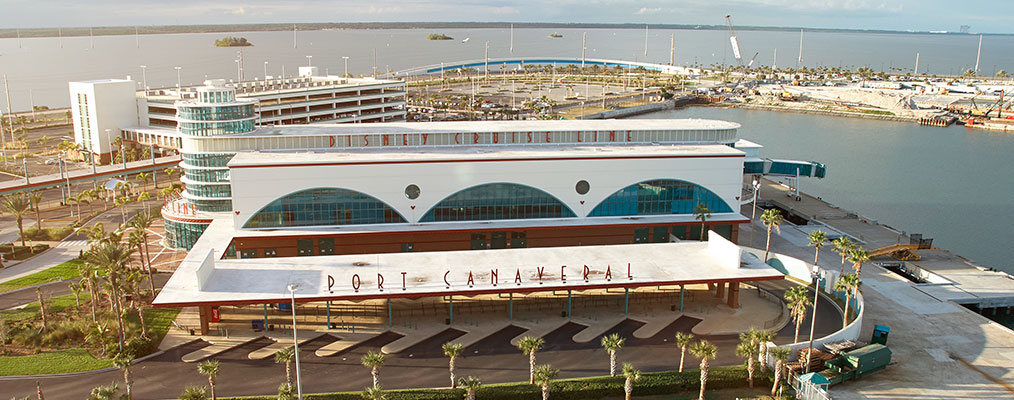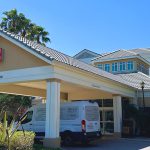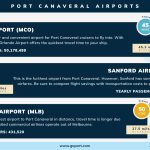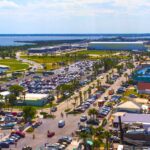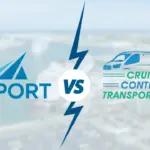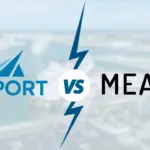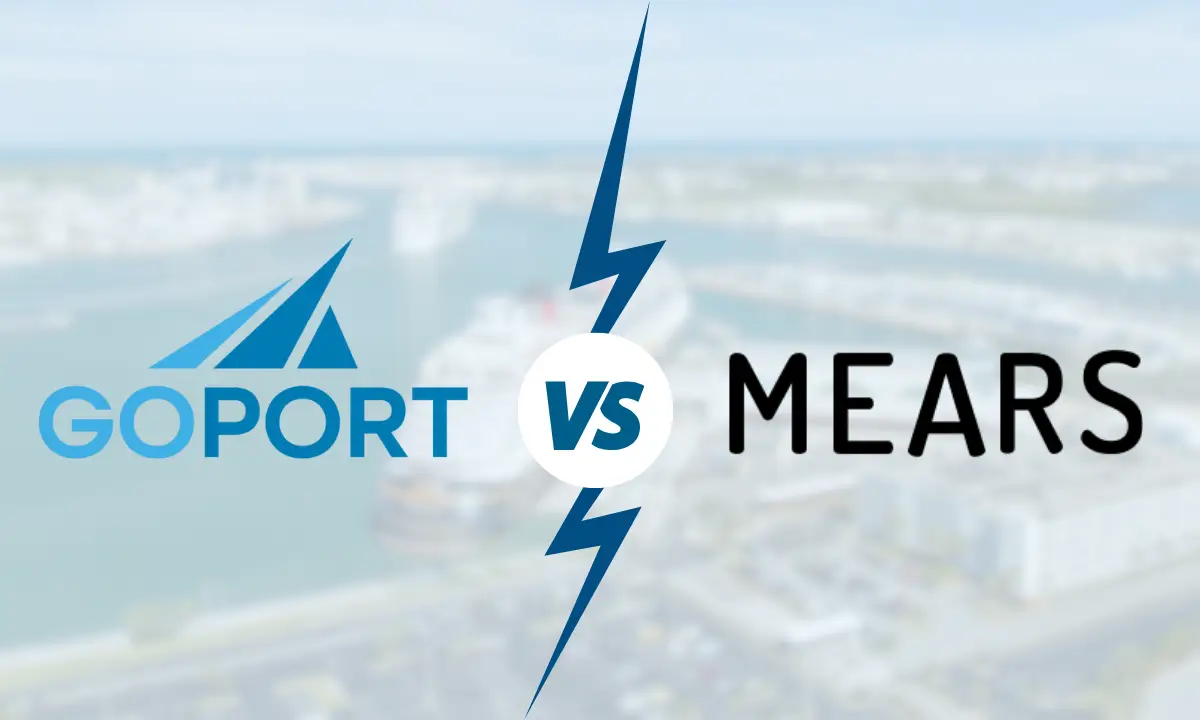Port Canaveral has announced a $2.6 billion expansion project that will include three new cruise terminals by 2030.
The 30-year plan tentatively includes construction of an inlet and harbor that will be surrounded by five new restaurants, a commercial fishing village, and a conference center attached to its existing Exploration Tower. The port also plans to improve their existing SpaceX facilities and to improve ground transportation to and from the port.
Miami-based Bermello Ajamil & Partners will be the consulting firm responsible for the design and execution of the port expansion. Chief executive officer, Luis Ajamil claims the construction of the three new cruise terminals will cost about $150 million or more apiece based on projected cruise passenger and cruise ship volume at Port Canaveral. Ajamil anticipates the first terminal to be up and running by 2020, with the other two terminals expected to be finalized by 2030.
The first two new terminals will be built on the south side of the port, east of the Cove area and west of Jetty Park. The third terminal will be built on the port’s north side, near Cruise Terminal 5. In addition, the plan proposes improvements to Cruise Terminals 8 and 10 on the north side of the port.
The port expansion project also includes:
- A new Cove Park that can be used to host small to midsized events.
- Renovations to the Port’s boat ramp.
- Expansion of parking locations in Jetty Park areas.
- A new bait-and-tackle shop.
- Improved boat storage and repair center.
- A new “yacht club” building.
- A service harbor area for tugboats and other work boats.
- Restoration to North Cargo Berths 3 and 4.
- A “Port Central” transportation system that will connect Port Canaveral to the Central Florida area.
Ajamil claims that the new expansion program aims for Port Canaveral to be “a great partner and neighbor” to local residents, adjacent communities and to the business sectors. Additionally, the plan was created to establish Port Canaveral as a hub for Central Florida’s tourism and space industries, which Ajamil hopes to fulfill though the “judicious use of finite resources.”
